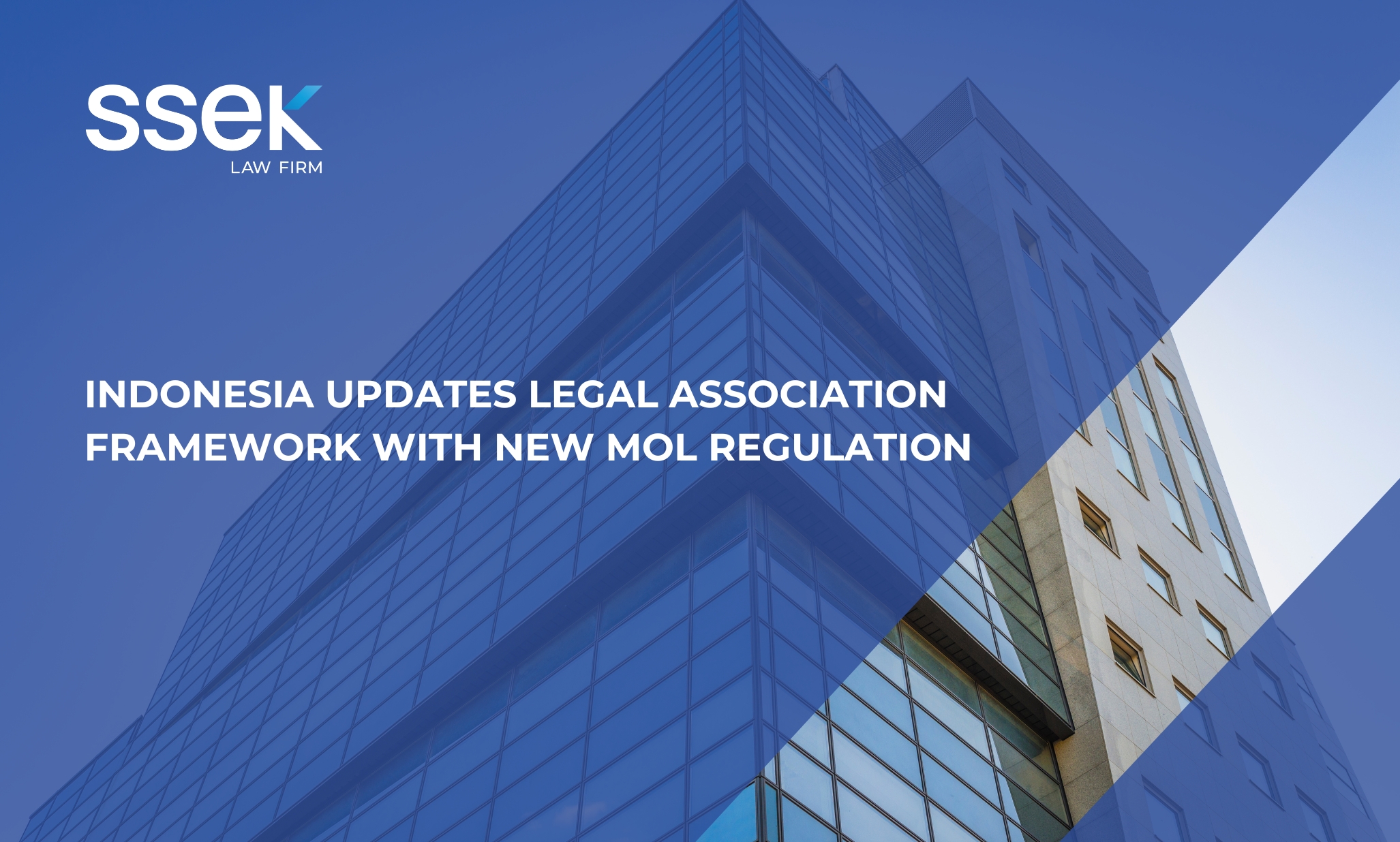

With regard to liability in a maritime collision in Indonesia, the Indonesian Commercial Code (ICC), which was enacted in the 19th century, provides that:
- If the collision is caused by force majeure, or if there are doubts as to the cause of the collision, the damages shall be borne by those who have suffered them.
- If the collision is caused by the fault of one of the colliding vessels, liability to remedy the damages shall be borne by the vessel that committed the fault. Wirjono Prodjodikoro, an Indonesian legal scholar, stated that a collision caused by a defect (unseaworthiness) of the vessel shall also be considered as the fault of the vessel.
- If the collision is caused by the fault of two or more vessels, the liability of each vessel is in proportion to the degree of their respective faults. Prodjodikoro stated that the test of fault is the impact of the fault on the damage suffered, irrespective of the intention (culpa) of the vessel.
- If a vessel being towed collides due to the fault of the towing vessel, the owners of both the towed and the towing vessel shall be jointly and severally responsible for the damage.
Upon declaring independence in 1945, Indonesia decided that the articles of the ICC would continue to be followed unless they were contrary to the Indonesian Constitution.
Under Law No. 17 of 2008 regarding Shipping (the Shipping Law), unless it can be proven otherwise, the master of the vessel shall be held liable in a vessel accident.
As to collisions, Indonesia has ratified the 1972 International Regulations for Preventing Collisions at Sea, by way of Presidential Decree No. 50 of 1979, but has not ratified the Convention for the Unification of Certain Rules of Law with respect to Collisions Between Vessels.
This first appeared in The International Comparative Legal Guide to: Shipping Law 2019, published by Global Legal Group.
This publication is intended for informational purposes only and does not constitute legal advice. Any reliance on the material contained herein is at the user's own risk. You should contact a lawyer in your jurisdiction if you require legal advice. All SSEK publications are copyrighted and may not be reproduced without the express written consent of SSEK.









